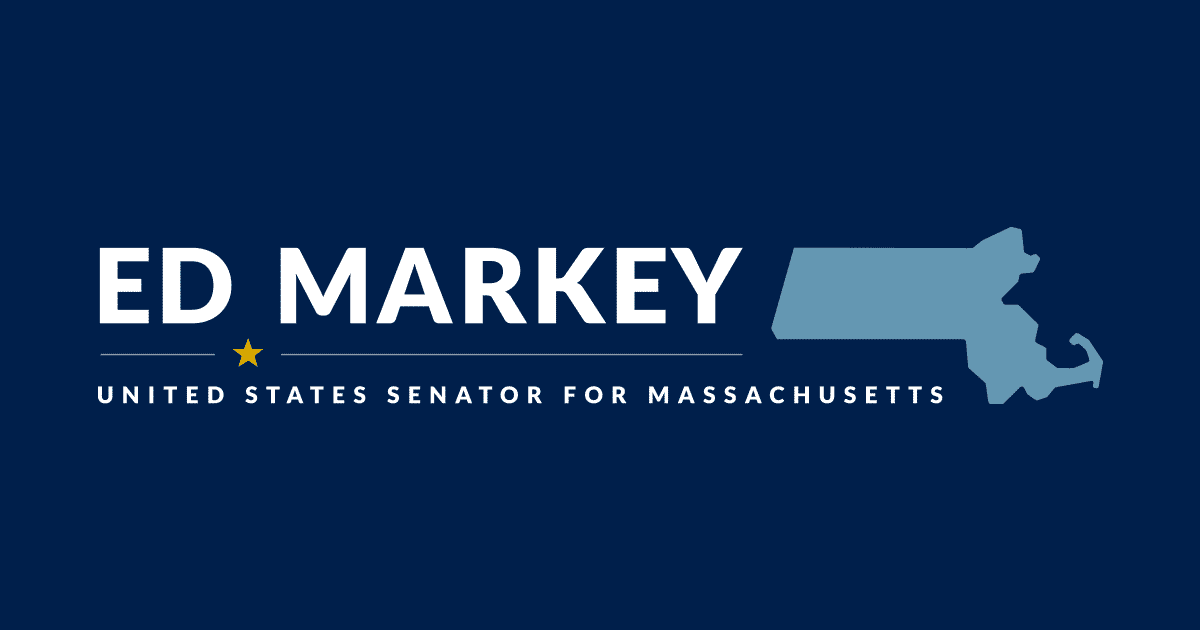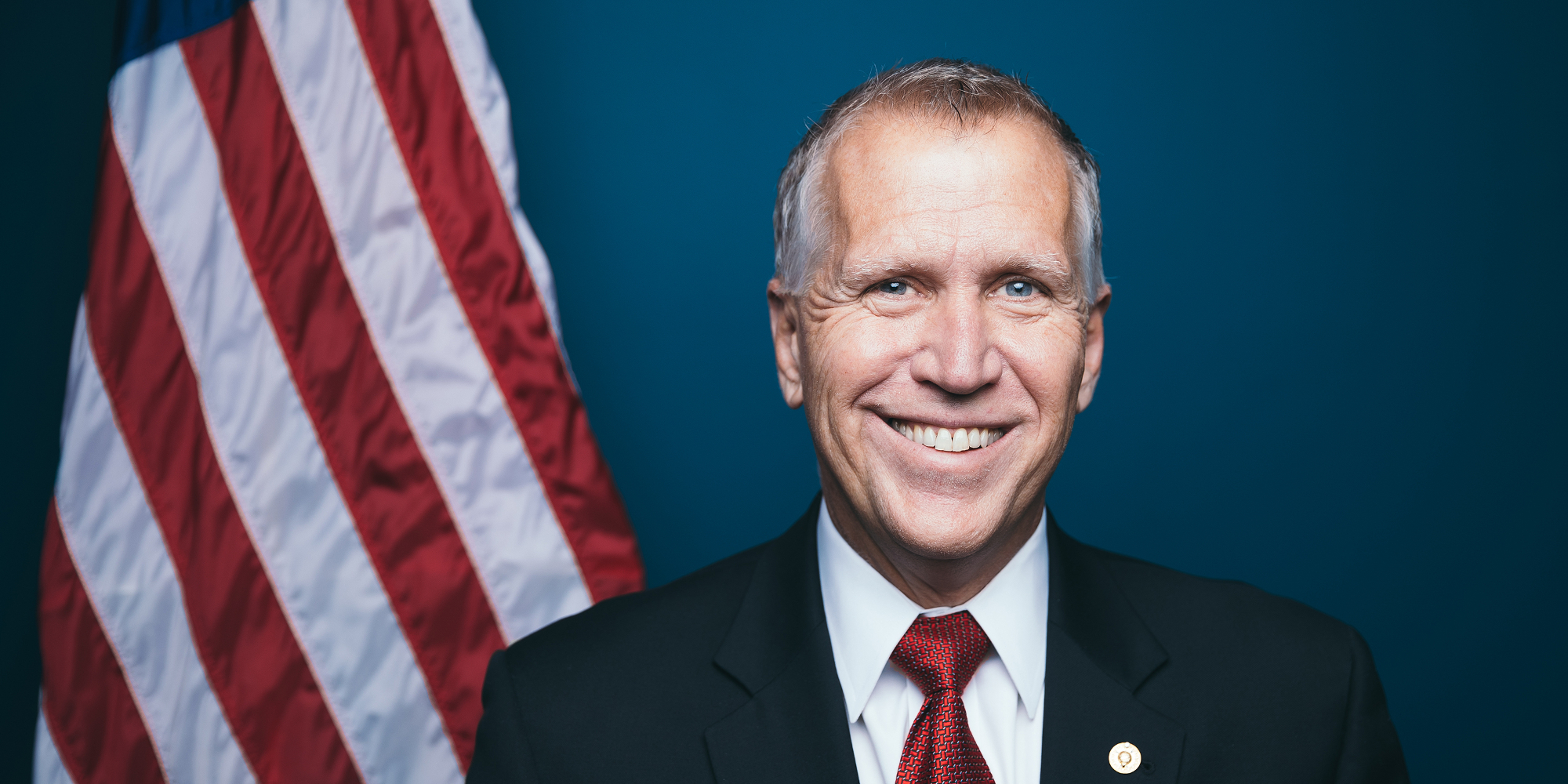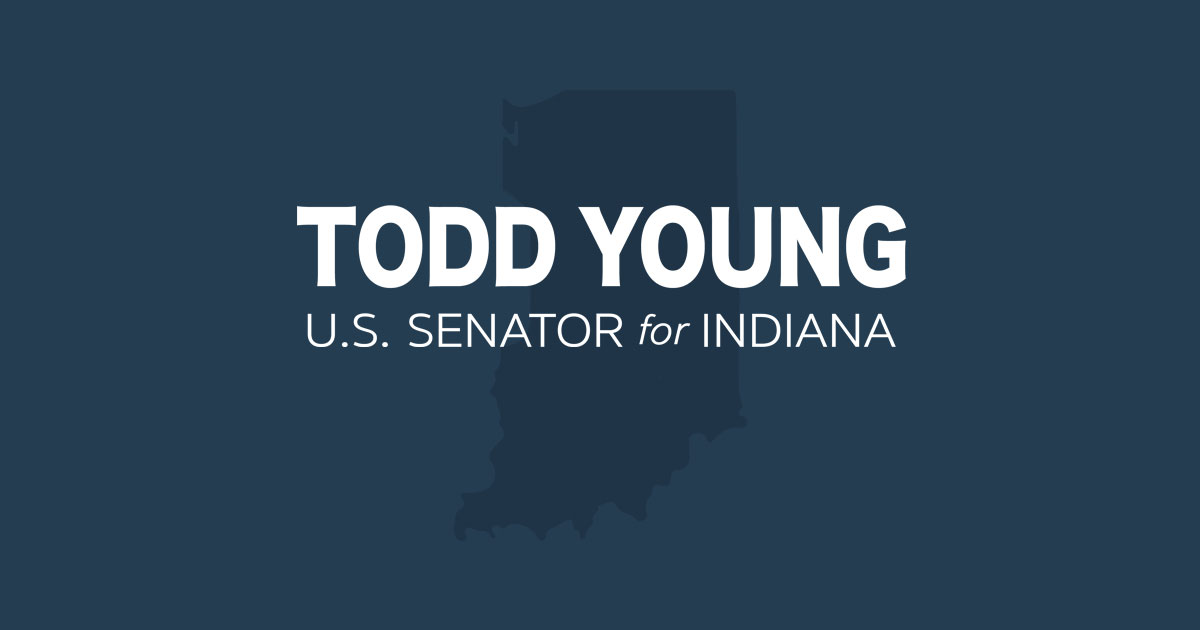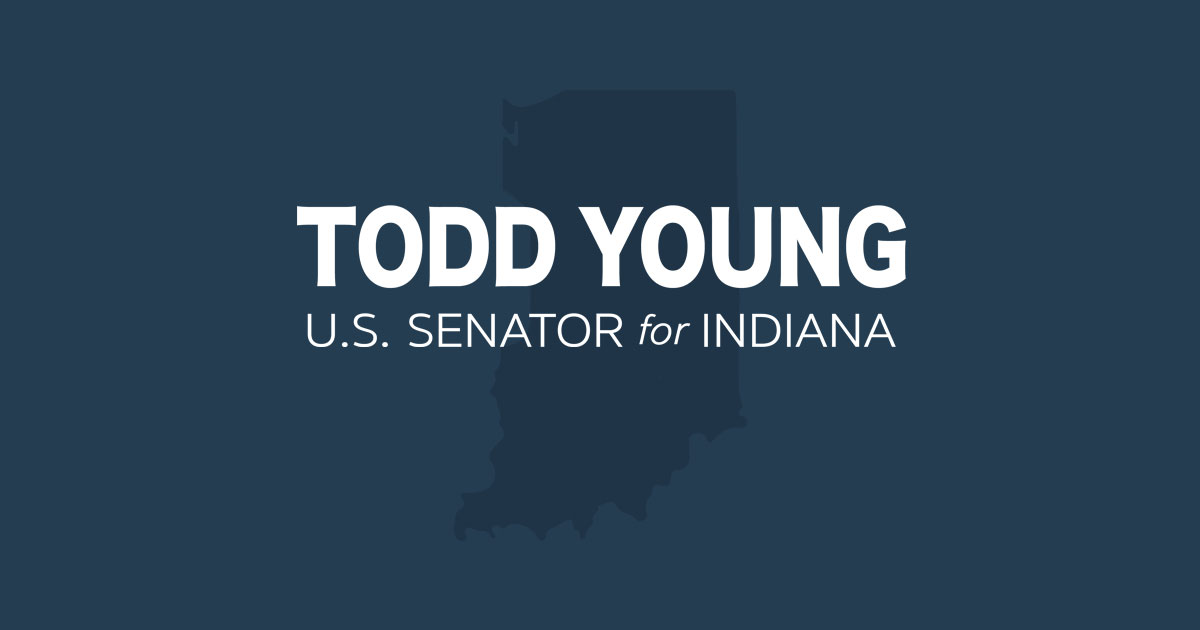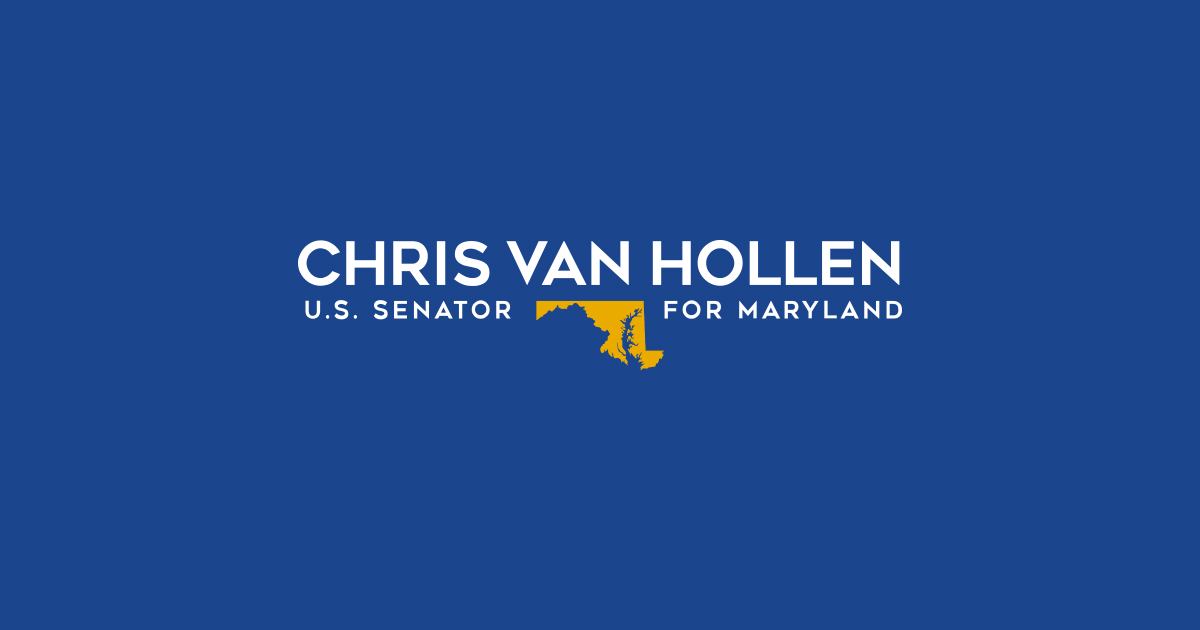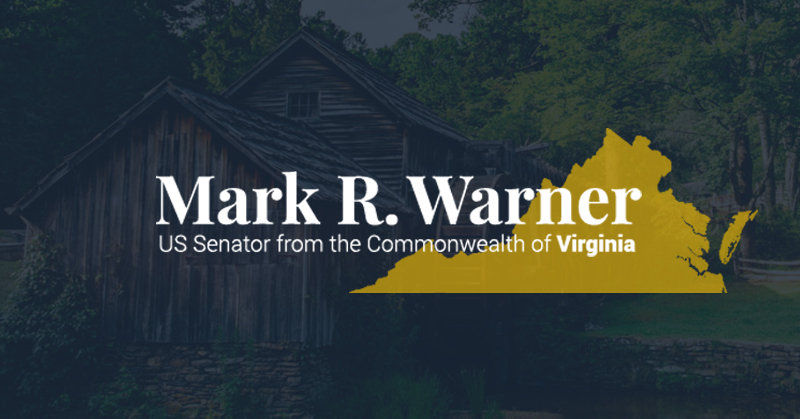Source: United States Senator for Maryland Chris Van Hollen
June 22, 2022
Additional funding for the Emergency Connectivity Fund would prevent ‘great disconnection’ of millions of students from the Internet
U.S. Senators Chris Van Hollen (D-Md.) and Edward J. Markey (D-Mass.) and Representative Grace Meng (N.Y.-06) led their colleagues in a letter urging Congressional leadership to support their efforts to secure additional funding for the Emergency Connectivity Fund (ECF), a crucial program created under the American Rescue Plan that has provided more than 12.5 million students access to the Internet over the past year. The Federal Communications Commission recently announced that the most recent round of applications for ECF funds totaled $2.8 billion, nearly double the $1.5 billion that remains available for the program. Without additional funds, the ECF will be unable to meet demand from schools and libraries that provide students with the broadband connection they need to do their schoolwork, communicate with their peers and teachers, and apply to college.
“To avoid this great disconnection and prevent the reversal of ECF’s hard-earned gains in closing the homework gap for so many rural, low-income, Black, Brown, Hispanic, Latino, Asian American, American Indian, Native Hawaiian, and Pacific Islander students and their teachers, we urge you to work with us to identify and seize opportunities to provide additional funding for the Emergency Connectivity Fund,” the lawmakers wrote in their letter. “With the new school year just a few months away, we cannot allow millions of students to lose access to high-speed broadband.”
Senators Baldwin (D-Wisc.), Blumenthal (D-Conn.), Booker (D-N.J.), Casey (D-Pa.), Duckworth (D-Ill.), Durbin (D-Ill.), Feinstein (D-Calif.), Gillibrand (D-N.Y.), Heinrich (D-N.M.), Hirono (D-Hawaii), Klobuchar (D-Minn.), Lujan (D-N.M.), Merkley (D-Ore.), Padilla (D-Calif.), Rosen (D-Nev.), Sanders (I-Vt.), Shaheen (D-N.H.), Smith (D-M.N.), Warnock (D-Ga.), Warren (D-Mass.), Whitehouse (D-R.I.) and Wyden (D-Ore.) joined the letter.
In addition, Representatives Alma Adams (N.C.-12), Nanette Barragán (Calif.-44), Suzanne Bonamici (Ore.-01), Jamaal Bowman (N.Y.-16), Anthony Brown (Md.-04), Shontel Brown (Ohio-11), Andre Carson (Ind.-07), Sean Casten (Ill.-06), Sheila Cherfilus-McCormick (Fla.-20), Judy Chu (Calif.-27), Lou Correa (Calif.-46), Jim Costa (Calif.-16), Sharice Davids (Kan.-03), Debbie Dingell (Mich.-12), Adriano Espaillat (N.Y.-13), Josh Gottheimer (N.J.-05), Jahana Hayes (Conn.-05), Brian Higgins (N.Y.-26), Eleanor Holmes Norton (D.C.), Ron Kind (Wis.-03), Al Lawson (Fla.-05), Barbara Lee (Calif.-13), Teresa Leger Fernández (N.M.-03), Carolyn Maloney (N.Y.-12), Kathy Manning (N.C.-6), Lucy McBath (Ga.-6), Betty McCollum (Minn.-4), Jim McGovern (Mass.-03), Joseph Morelle (N.Y.-25), Gwen Moore (Wis.-04), Jerrold Nadler (N.Y.-10), Mark Pocan (Wis.-02), Jamie Raskin (Md.-08), Adam Schiff (Calif.-28), David Scott (Ga.-13), Thomas Suozzi (N.Y.-03), Rashida Tlaib (Mich.-13), David Trone (Md.-06), Marc Veasey (Texas-33), Nydia Velázquez (N.Y.-07), Bonnie Watson Coleman (N.J.-12), Nikema Williams (Ga.-5), Frederica Wilson (Fla.-24), and John Yarmuth (Ky.-03) also joined the letter.
A copy of the letter can be found here and below.
Dear Majority Leader Schumer and Speaker Pelosi:
We write with deep concern that funding for the Emergency Connectivity Fund (ECF) — which provides students and educators with access to home broadband and Internet-connected devices — will soon be exhausted. Over the past year, the ECF has helped more than 12.5 million students connect to the Internet. In May, however, the Federal Communications Commission (FCC) announced that it received $2.8 billion in applications for ECF funds in the third application window, nearly double the roughly $1.5 billion remaining in the program. As a result, millions of students could be disconnected from the Internet. We ask you to work with us to prevent this exacerbation of the digital divide by replenishing the ECF funding as soon as possible.
The Emergency Connectivity Fund represents a long-overdue investment in our students and educators who lack access to high-speed broadband — a problem that long predates the COVID-19 pandemic. In 2020, 16 million K-12 students and up to 400,000 educators did not have adequate Internet connectivity to teach and learn from home. Moreover, research indicates that the homework gap cuts deeply across socioeconomic lines, with 37 percent of rural Americans, 35 percent of students from households with annual incomes below $30,000, 25 percent of African-American households with school-age children, and 23 percent of Hispanic households with school-age children lacking access to high-speed Internet at home. Due to this homework gap, millions of students are unable to complete online homework assignments and research, communicate with their teachers, collaborate with their peers, and apply to college or for jobs and government services.
When COVID-19 forced most schools in the United States to turn to remote learning, the homework gap became an education gap for students lacking the home broadband and devices necessary to attend online classes. Congress responded to this crisis by passing the Emergency Connectivity Fund as part of the American Rescue Plan, bridging the homework gap for many students and educators. Schools and libraries have received over $4.8 billion through the program, which they have used to subsidize the purchase of more than 10 million devices and 5 million home broadband connections. In total, the ECF has connected more than 12.5 million students to the Internet. To maintain this impressive progress in closing the homework gap, schools and libraries requested another $2.8 billion for next school year. Unfortunately, with only an estimated $1.5 billion remaining, the ECF will be unable to meet that demand.
The ECF has made significant strides toward closing the homework gap. We are deeply concerned that those gains will dissipate when ECF funding runs out. With no additional federal funding, schools and libraries nationwide will face the difficult choice of finding unbudgeted funding to maintain home broadband connections for those students connected with ECF dollars or ceasing payment on those broadband bills and watching student broadband connections blink off — perhaps permanently.
To avoid this great disconnection and prevent the reversal of ECF’s hard-earned gains in closing the homework gap for so many rural, low-income, Black, Brown, Hispanic, Latino, Asian American, American Indian, Native Hawaiian, and Pacific Islander students and their teachers, we urge you to work with us to identify and seize opportunities to provide additional funding for the Emergency Connectivity Fund. With the new school year just a few months away, we cannot allow millions of students to lose access to high-speed broadband.
Sincerely,
